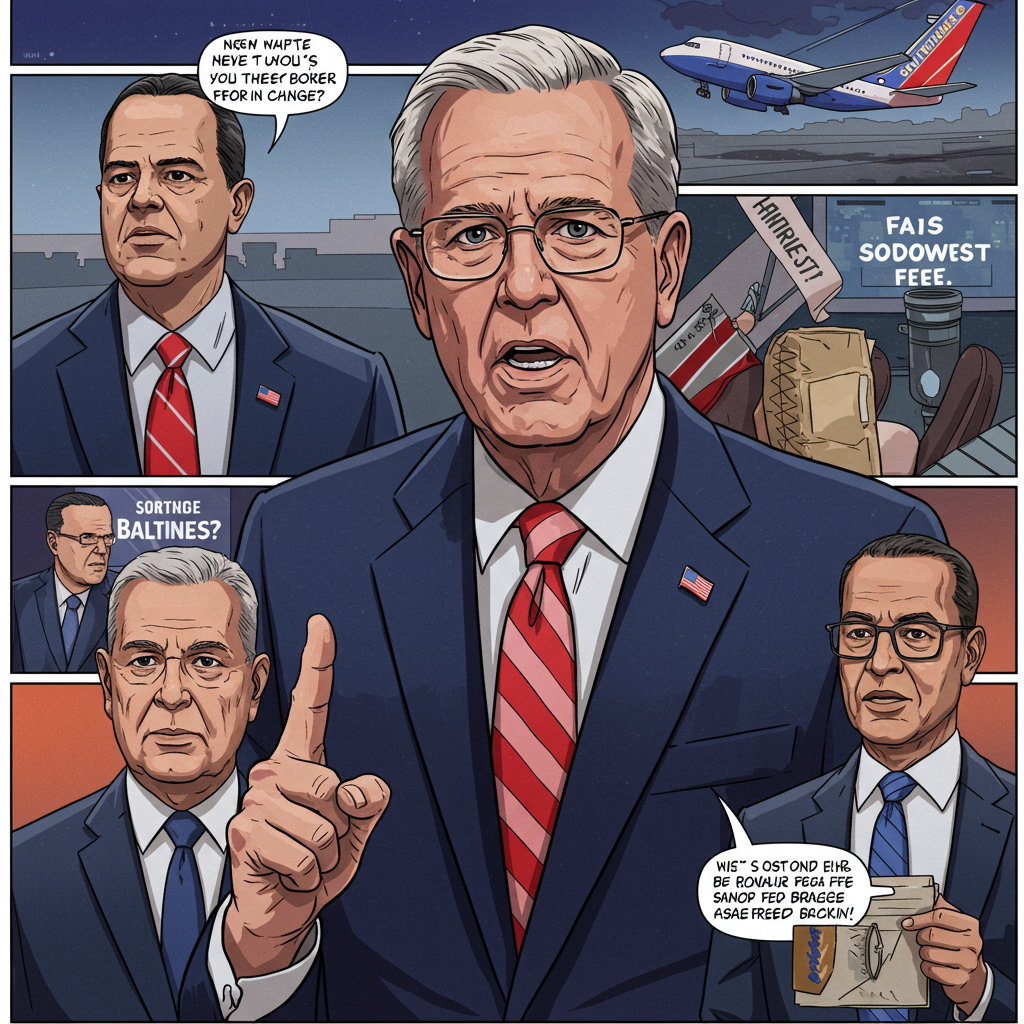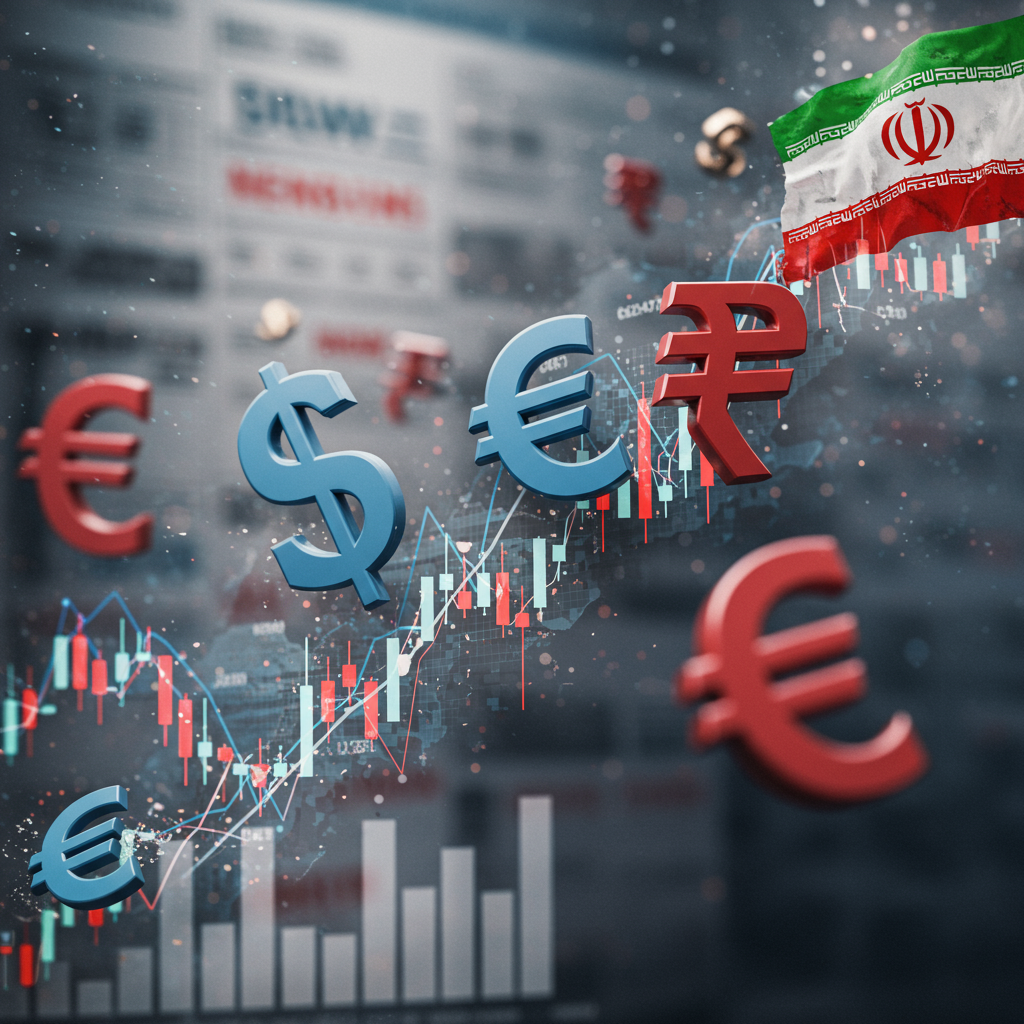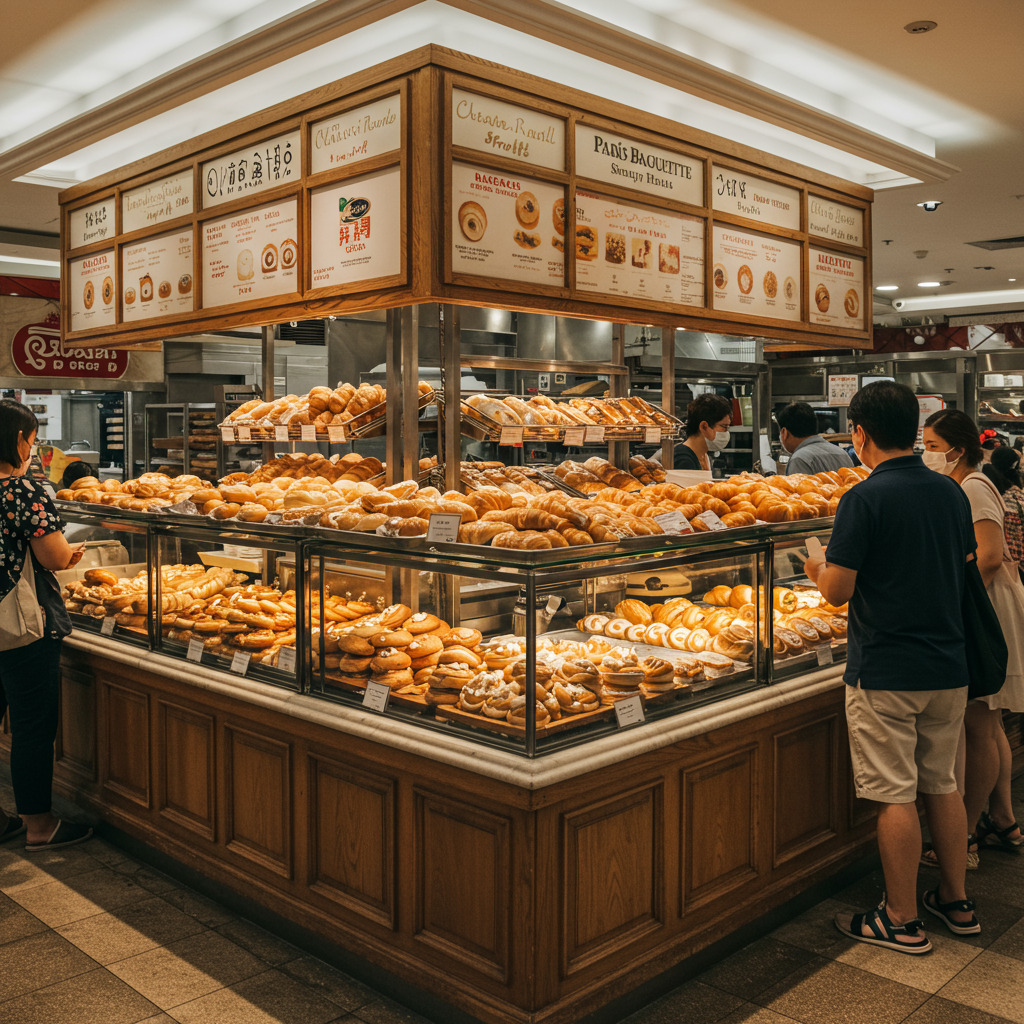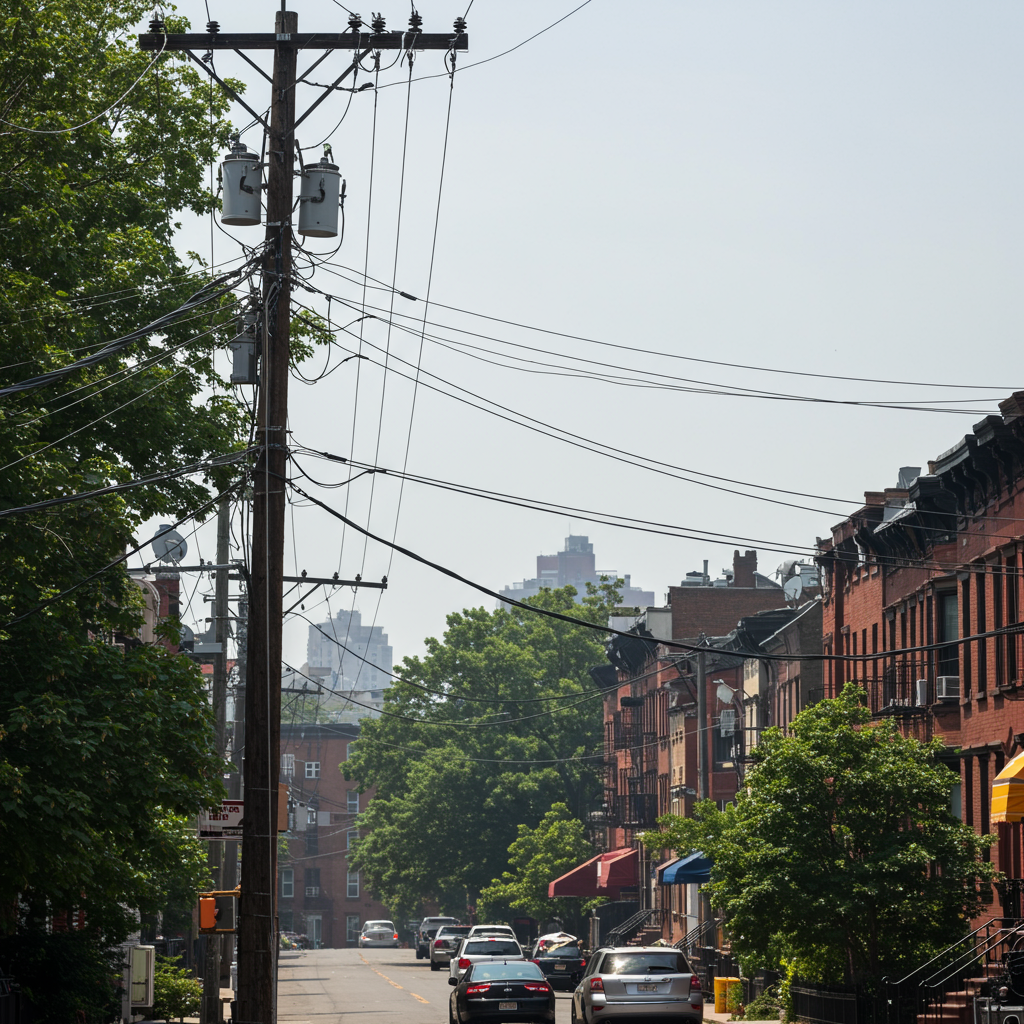southwest Airlines, long celebrated for its unique approach to air travel, is undergoing its most significant transformation in decades. Under the leadership of CEO Bob Jordan, the low-cost carrier is abandoning core elements that defined its brand and fostered intense customer loyalty, most notably its long-standing policy of allowing two free checked bags for all passengers and its signature open seating model. These strategic pivots, coming after pressure from an activist investor, aim to boost profitability and reshape southwest’s competitive position, but they raise fundamental questions for loyal flyers about the airline’s future identity and value proposition.
Unpacking Southwest’s Bold Transformation
For generations of travelers, Southwest Airlines represented simplicity and value. The promise of “Bags Fly Free” and the democratic chaos of open seating set it apart from legacy carriers that charged for every checked item and assigned seats based on complex fare classes or elite status. This distinct model cultivated a famously loyal customer base who appreciated the straightforward pricing and perceived friendliness of the Southwest experience.
However, that model is now evolving dramatically. The changes represent a strategic shift towards practices common among other major airlines, driven by a complex mix of financial pressures and a stated desire to adapt to changing market dynamics and customer booking behaviors. The move has already generated considerable buzz and, for many long-time customers, significant disappointment and reconsideration of their travel choices.
Behind the Strategic Shift: Why Now?
CEO Bob Jordan describes the changes as part of Southwest’s “evolution” and a “transformational journey,” intended to offer customers “more choices” and position the airline for future growth and financial performance. These initiatives are framed within the airline’s three-year “Southwest. Even Better” plan, aimed at attracting new customer segments and returning to expected levels of financial health.
However, the timing and urgency of these changes are intrinsically linked to external pressures. Activist investor Elliott Investment Management significantly increased its stake in Southwest and gained representation on the board. This relationship has pushed the airline to intensify efforts to boost profitability and its share price, leading to difficult decisions, including corporate layoffs in February and now, the fundamental overhaul of its product offering.
Southwest executives previously stated that internal analysis indicated introducing bag fees would lead to significant customer defection, outweighing potential revenue gains. But this analysis has shifted. According to Jordan and Chief Operating Officer Andrew Watterson, updated assumptions based on customer booking behavior through new channels, like Expedia and Google Flights, suggested the expected benefit from bundling free bags wasn’t materializing as anticipated, particularly for those booking the cheapest fares. Watterson noted the airline felt it was “over delivering” to travelers on its lowest “Wanna Get Away” tickets.
The End of “Bags Fly Free”: What Travelers Need to Know
The most impactful change for many is the end of the blanket free checked bag policy. Effective for tickets purchased on or after May 28, 2025, Southwest will no longer offer two free checked bags to all passengers. This move directly attacks a policy that has been central to Southwest’s marketing and a primary reason many customers chose the airline, especially for family travel or trips requiring extra luggage.
The new policy introduces a tiered structure similar to competitors. While specific fees haven’t been universally announced, estimates based on industry standards and initial reports suggest costs of approximately $35-$40 for the first checked bag and $45-$50 for the second for most travelers.
Who Still Gets Free Bags?
Certain passenger categories will retain free checked bag allowances under the new structure:
Rapid Rewards A-List Preferred Members: Will continue to receive two free checked bags.
Business Select Passengers: Will also continue to receive two free checked bags.
Rapid Rewards A-List Members: Will be allowed one free checked bag.
Rapid Rewards Credit Card Members: Will be allowed one free checked bag, potentially extending this perk to guests on the same reservation (some reports suggest up to eight guests).
“Other Select Customers”: The airline indicates there may be other categories, but these are not fully defined.
This shift means that the vast majority of Southwest’s customer base, those purchasing standard or basic fares without elite status or a co-branded credit card, will now face fees for checked luggage, fundamentally changing the cost calculation of flying Southwest.
Goodbye Open Seating, Hello Assigned Seats
Another hallmark of the Southwest experience, the open boarding process where passengers choose any available seat, is also slated for change. Southwest plans to replace its signature open seating with assigned seating, beginning implementation in the third quarter of 2025 and expected to be fully operational onboard all flights by early 2026.
Timeline and Implementation
The new assigned seating system is expected to be available for sale in the third quarter of 2025, allowing passengers to book specific seats for travel starting in early 2026. The airline indicates that survey data supports this change, citing that 80% of customers prefer assigned seating. This move, combined with bag fees, aligns Southwest more closely with the operational models of legacy carriers like American, Delta, and United.
Southwest also plans to introduce new premium seating options simultaneously. These seats, likely located at the front of the plane or offering extra legroom, will be available for purchase, catering to business and high-paying leisure travelers and adding another layer to the airline’s revenue strategy.
New Fares, New Rules: Navigating Southwest’s Bundles
Accompanying the policy changes is an overhaul of Southwest’s fare structure. The current fare options (Business Select, Anytime, Wanna Get Away Plus) are transitioning into new bundles.
The Rise of the Basic Fare
The traditional “Wanna Get Away” fare, Southwest’s lowest price point, will become a more restrictive “Basic Fare,” available for booking starting May 28, 2025. This Basic Fare will offer fewer benefits compared to its predecessor. Key limitations include:
Non-refundable tickets (though free cancellation is permitted).
No free changes or same-day standby.
Assigned seating will likely place passengers in the final boarding group.
Explicitly excludes seat selection options.
Other new bundles like “Choice Extra,” “Choice Preferred,” and “Choice” will replace the existing fare types, likely packaging various combinations of perks such as seat selection options, boarding priority, and baggage allowances at different price points. This moves Southwest away from its simple A, B, C boarding group system tied primarily to check-in time towards a more standard tiered fare bundle model.
Customer Loyalty Tested: Flyer Reactions
The reaction from many long-time Southwest flyers has been one of disappointment and betrayal. Customers who chose Southwest specifically for the included amenities feel the airline is shedding the very features that made it special. Many view the free checked bag policy, in particular, as a significant value differentiator that simplified travel decisions and budgeting.
Loyal customers like Maddi Bourgerie, who held a Southwest credit card and Companion Pass, and Robin Taylor, who flew Southwest for decades often with extra medical supplies, have publicly expressed that the bag fee change, following other price increases and the pending seating change, feels like the “final straw.” They argue that without these unique perks, Southwest is losing its distinct identity and they are now actively comparing the airline to competitors on an even playing field.
Losing Key Differentiators
Customer experience expert Mario Matulich characterized the removal of free bags as a “massive change” that creates friction. He argues that Southwest is now competing on the “same field as Delta and American” but lacks the established loyalty infrastructure of these legacy carriers. This approach, he suggests, risks being “penny-wise, pound-foolish,” potentially alienating the core customer base for short-term financial gains. Customers like Tanisha Long, who flew frequently for work and personal travel, feel the new fees are a way to “squeeze money out of people who have been loyal” and are now considering alternatives like Delta, which offers features Southwest still lacks, such as free Wi-Fi on many flights.
How Competitors See the Changes
Executives at competing airlines have weighed in on Southwest’s transformation, often with a mix of calculated assessment and thinly veiled anticipation of capturing disgruntled customers.
United’s “Sacred Cow” Take
United Airlines CEO Scott Kirby called Southwest’s decision to end universal free bags the “slaying of the sacred cow” and suggested it would be “good for everyone else” in the industry. Kirby implied that by becoming “more competitive” (read: less appealing on price due to lost benefits), Southwest would become less disruptive. He noted that United hadn’t felt the need to match the free bag policy because their own loyalty programs and credit cards already offered the benefit. While he speculated it might “raise the tide for Southwest across the board,” he concluded that “relative margins will be worse in competitive markets” as some customers switch. He viewed the change as significant, making Southwest appear “more financially driven — a results-driven airline than it’s ever been before.”
Delta Sees Opportunity
Delta President Glen Hauenstein echoed similar sentiments, stating that “clearly there are some customers who chose them because of that [the free bags] and now those customers are up for grabs.” Hauenstein discussed the change within the context of Southwest implementing “multiple changes to their products,” including assigned seating and premium options. He described Southwest’s overall transition as a “mixed bag” and a move towards becoming “more of a legacy carrier.”
Other Notable Policy Updates
The changes to bags and seating are part of a broader set of initiatives:
Flight Credit Expiration: Flight credits for most fares will now expire after one year (Basic Fare credits after six months), ending Southwest’s generous long-standing policy of credits that never expired.
Network Adjustments: The airline is shrinking service in some cities while introducing red-eye flights, which began in February, to improve fleet utilization.
Third-Party Booking: Southwest fares are now available for booking on third-party sites like Expedia, expanding its distribution channels.
Loyalty Program Tweaks: Changes to Rapid Rewards earning and redemption rates were implemented in March.
Partnerships: A partnership with Icelandair has launched, allowing connections to Europe on a single ticket.
These changes collectively signal a comprehensive re-evaluation of Southwest’s operating model, moving away from its historical low-cost, high-simplicity identity towards a more complex, revenue-segmenting approach common across the industry.
Frequently Asked Questions
What is the main change Southwest Airlines is making?
Southwest Airlines is ending its long-standing policy of allowing two free checked bags for all customers, effective May 28, 2025, for new bookings. They are also planning to introduce assigned seating and new premium seat options starting implementation in late 2025 and early 2026. These changes are part of a broader strategic shift to boost profitability.
When do Southwest’s new bag fees start, and what will they cost?
Southwest will begin charging fees for checked bags for tickets purchased on or after May 28, 2025. While the exact fees vary, estimates suggest costs similar to other major airlines, typically around $35-$40 for the first checked bag and $45-$50 for the second for most passengers who do not have elite status, a co-branded credit card, or purchase a premium fare like Business Select.
Will Southwest still offer any unique benefits compared to other airlines?
Yes, while key differentiators like universal free bags and open seating are changing, some unique aspects remain. Southwest’s distinctive boarding process, primarily based on check-in time (though with paid upgrades), is largely staying in place. The valuable Companion Pass benefit also remains a key perk for frequent flyers. Additionally, Southwest is planning to offer enhanced loyalty perks and seat selection options within its new fare bundles.
Looking Ahead: A New Era for Southwest
Southwest’s strategic pivot marks a new era for the airline. Driven by investor demands and a focus on enhancing revenue streams, the carrier is shedding the very policies that endeared it to a loyal customer base for decades. While CEO Bob Jordan frames these changes as an evolution offering customers more choices and ensuring long-term financial health, the shift towards charging for bags and assigning seats places Southwest in direct competition with legacy carriers on their own terms. The coming months and years will reveal whether this transformation successfully boosts profitability and attracts new travelers, or if it risks alienating the core flyers who cherished Southwest for being different, potentially driving them into the waiting arms of competitors.




